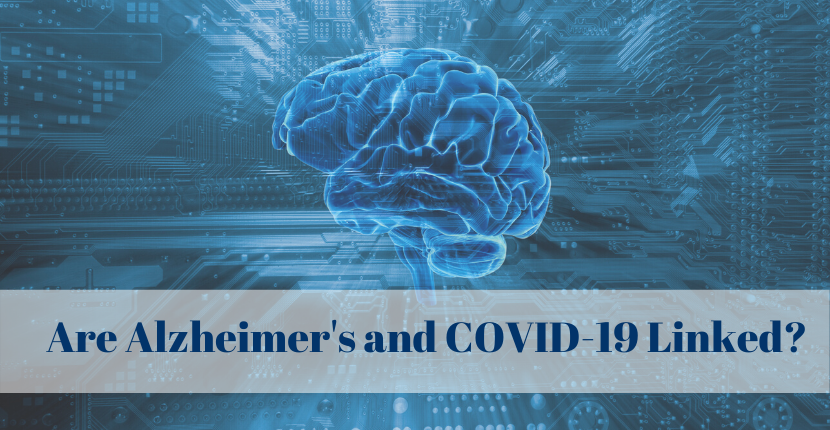With the recent spread of COVID-19, people are starting to ask, is the Alzheimer’s gene tied to a higher risk of getting coronavirus? Our staff at Freedom Home Care has looked into studies discussing it. From the studies that have been conducted, here is what doctors and universities have to say.
The APOE ε4 gene variant that gives people a greater risk of developing Alzheimer’s has been found to link to COVID-19. A study showed that carrying two copies of the variant, APOE4, could make people two times as likely to develop a severe form of the disease, same which is causing coronavirus.
Now that doesn’t necessarily mean there is a direct connection between the two diseases. Jef Askt wrote: The result isn’t due to nursing home settings or to a greater likelihood of having a diagnosis of dementia, which none of the 37 people with two copies of APOE4 who tested positive for COVID-19 had. “It is pretty bulletproof—whatever associated disease we remove, the association is still there,” Melzer tells The Guardian. “So it looks as if it is the gene variant that is doing it.”
This means that people who had two copies of the APOE4 allele, the most prevalent genetic risk factor for Alzheimer’s, were at a higher risk for testing positive for coronavirus. Results from multiple studies found that it is more than just age and comorbidities that are risk factors for having severe cases of COVID-19.
Now, this doesn’t mean that just because you or a loved one have Alzheimer’s disease you will get coronavirus, it simply shows that there is a link to being at higher risk. The study found: “to claim APOE4 puts patients at higher risk for acquiring COVID-19, one would have to implicate that somehow it increases exposure or increases rate of infection in the respiratory or gastrointestinal systems.”
So what can you or your loved one do to prevent the spread of coronavirus during Brain Health Month? Exercising daily like walking, or mild to moderate exercise can decrease your risk of developing Alzheimer’s disease. Take walks around the house or outside to keep your body and brain feeling healthy.
Sensory/motor activities such as puzzles or crosswords are also a great way to keep your brain thinking and help to keep your mind and body healthy, improving memory overtime.
Stay up-to-date on the latest healthcare news from your homecare agency, Freedom Home Care, like our COVID-19 Resources. Visit us online today to learn about the range of services we offer in-home. We look forward to serving you!




